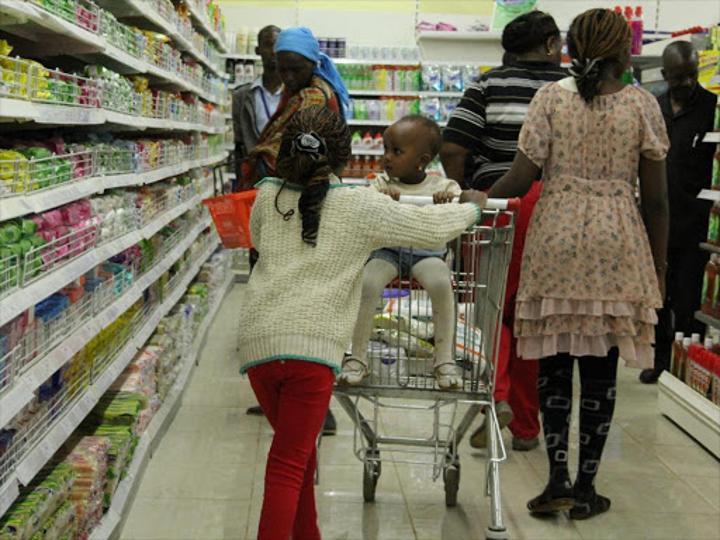Africa-Press – Eritrea. Consumer spending will pick up this year, with low spenders expected to be lead drivers of consumption demand in the country and the Africa at large.
According to the 2024 economic outlook report by the Nigerian Intelligence firm Stears, consumer spending suffered a squeeze in 2023 on the back of Covid-19 effects, high commodity prices, global monetary tightening and food protectionism.
“These factors occasioned a consumer landscape characterized with unhappy consumers last year,” the report reads.
“This resulted to consumers closing their wallets to non essentials, and exercise budget cuts on their day-to-day living.”
However, the firm says African countries like Kenya will have a likelihood of seeing gradual increase in consumer spending as inflation slows.
“Overally, spending will be cautious and value-driven.”
The low spenders, also referred to as entry level consumers, are people spending between $2−4 (Sh322-650) daily.
On the other hand, upper segment consumers’ preferences are projected to evolve to include more refined tastes geared toward luxury and convenience.
The upper segment refers to the class of people with annual salaries ranging $10,000 to $1 million, whose spending is unlocked through access to credit, savings, and disposable income.
Despite broader economic pressures, the upper income consumer is expected to maintain brand loyalty and continue their consumption of luxury goods, offering opportunities for high-end brands.
Rise in individual loans is also projected to propel consumer spending this year, as promotional offers and sales are expected to attract more consumers, especially those who are price sensitive.
Generally in Africa, the report says consumers will be distinct from the general global norms, and be more price-conscious.
To back this, the study says Sub Sahara’s GDP per capita underscores a consumer market deeply rooted in price consciousness, reflecting heightened focus on affordability.
“The purchasing patterns thus favour essential goods and value-for-money products,” it says.
Inflation, one of the determining factors of consumption trends in the region, is projected at 13 per cent this year, down from 15.8 per cent in 2023, but still high compared to the global average of (5.8% in 2024).
On the global front, the world inflation was projected to average 6.9 per cent in 2023, the highest level since 1996, impacting consumer trends globally. However, the report now says bright spots exist in the consumer landscape this year.
“Global inflation is expected to slow to 5.8 per cent in 2024 from the previous 6.9 per cent in 2023, pointing towards reopened consumer wallets.”
Last year’s survey by the firm noted about 39 per cent of global respondents said they would spend less money compared to 25 per cent that said they would spend more.
As a result, the IPSOS global consumer confidence index remained below 46 through 2023; the first time since 2015.
This year, the firm says consumer spending will pick up driven by emerging markets in Asia and Latin America as they are highly optimistic about consumer spending.
“Housing, food, transport, restaurants and culture will gulp over 50 per cent of global consumer spending in 2024, largely reflecting bias for essential goods as consumers recover from the 2022−2023 inflation surge that eroded savings,” the report reads.
There is also an expected increase in social spending, particularly among older generations (baby boomers), signalling that brand strategies should not solely focus on the younger generation.
“Further, there is the projection in rising demand for AI, for instance voice assistants, to enable global consumption decisions.”
For More News And Analysis About Eritrea Follow Africa-Press







